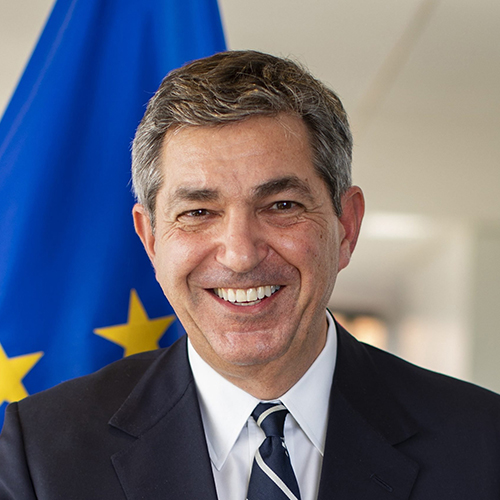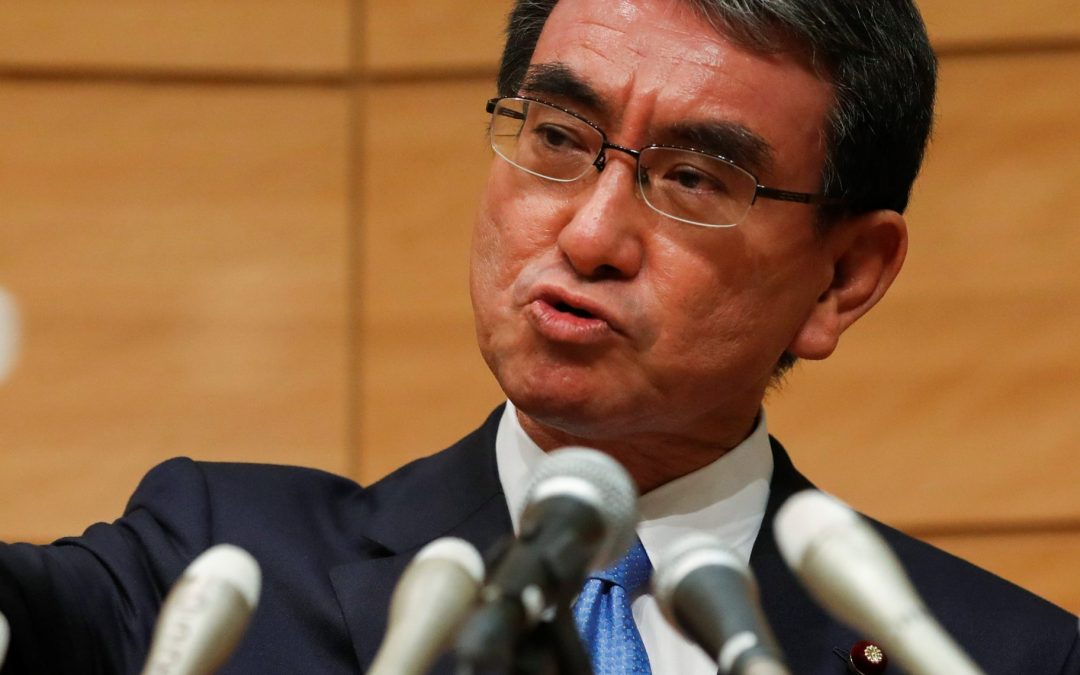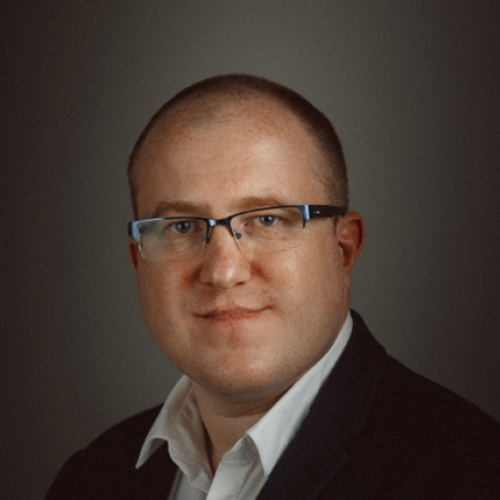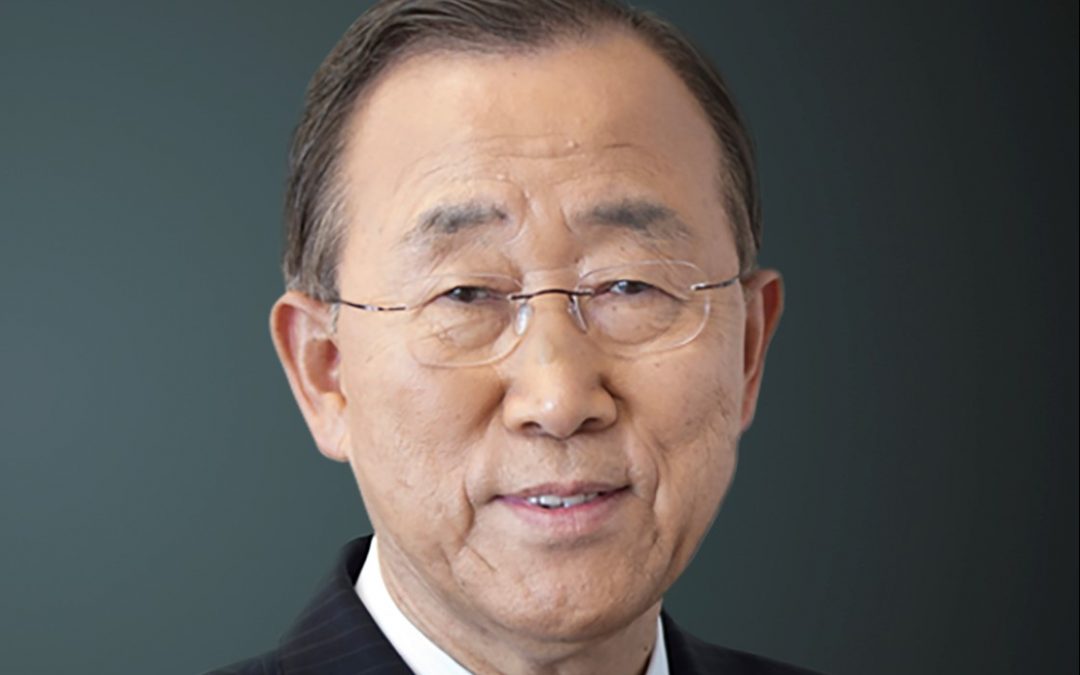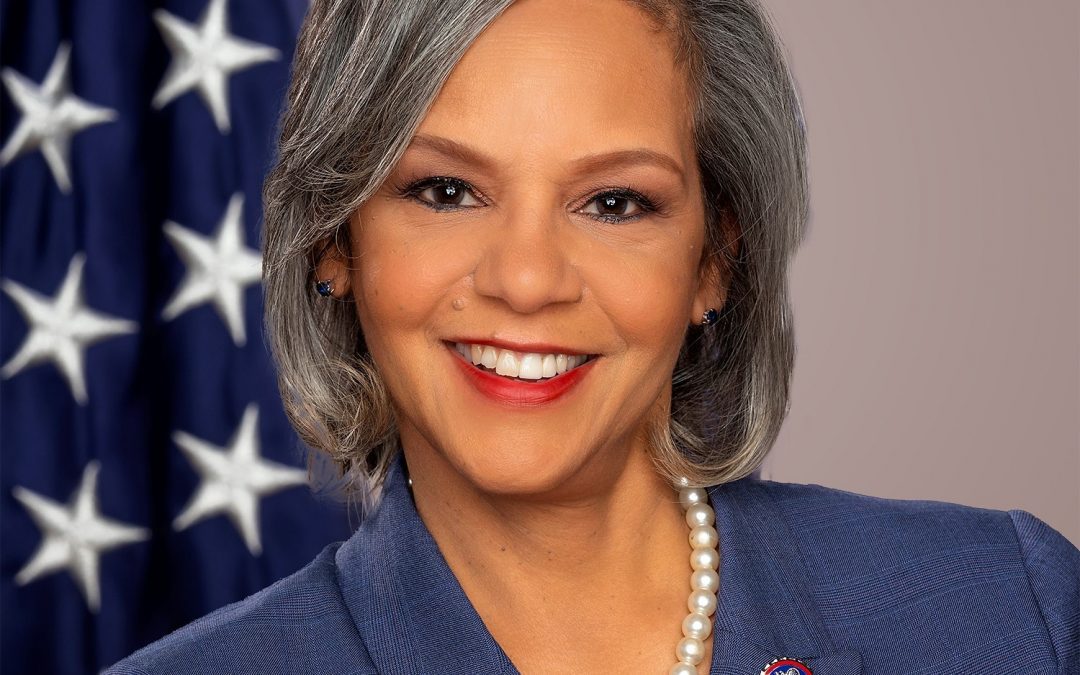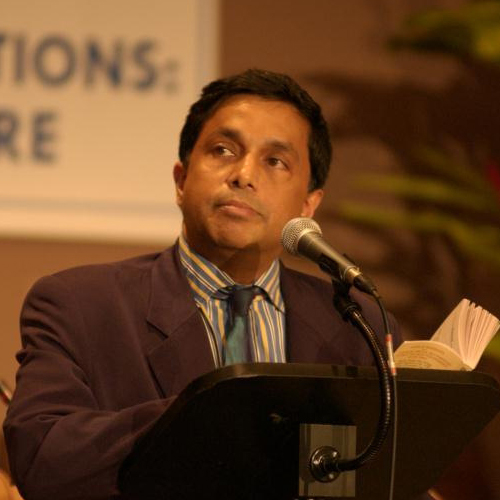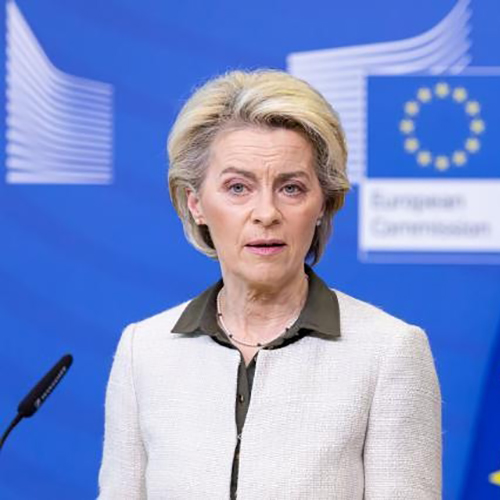
Ursula von der Leyen
Trained as a physician, Ursula von der Leyen entered politics as a cabinet minister in the German state of Lower Saxony. When Angela Merkel became German chancellor in 2005, she appointed Dr. von der Leyen as Minister of Family Affairs and Youth, a portfolio that aligned with her work on women’s health.
After four years in that position, she was appointed Minister of Labor and Social Affairs. She was then appointed Minister of Defense, the first woman to hold that top post. Von der Leyen also had the distinction of being the longest serving minister of the Merkel government.
As incoming President of the European Commission, in December 2019 von der Leyen called for new rules for AI that respect human rights and public safety. At the 2019 G-20 Summit in Japan, Chancellor Angela Merkel earlier proposed “It will be the job of the next Commission to deliver something so that we have regulation similar to the General Data Protection Regulation that makes it clear that artificial intelligence serves humanity.”
In February 2020, President von der Leyen set out a White Paper on AI for public consultation. In the September 2020 State of the Union Address, she prioritized AI policy for the European Union. She said, “Whether it’s precision farming in agriculture, more accurate medical diagnosis or safe autonomous driving – artificial intelligence will open up new worlds for us.” Von der Leyen continued, “But this world also needs rules. We want a set of rules that puts people at the centre. Algorithms must not be a black box and there must be clear rules if something goes wrong. The Commission will propose a law to this effect next year. This includes control over our personal data which still have far too rarely today.”
And speaking to the Boston Global Forum on December 12, 2020, President von der Leyen called for a Transatlantic Agreement on AI, based on democratic values, including “human rights, pluralism, inclusion, and the protection of privacy.” For her pioneering leadership, she received the 2020 World Leader for Peace and Security Award.
President von der Leyen is also a tireless advocate for a more united Europe, a Europe that would assume a larger role in international diplomacy and security. A champion of democratic rights and institutions, she has contested the emergence of right-wing nationalism and state authoritarianism. She has pressed European countries to act collectively against COVID-19. She is committed to the Transatlantic Alliance, recognizing the collective responsibility of the EU and the US to advance global peace, security, and development.
